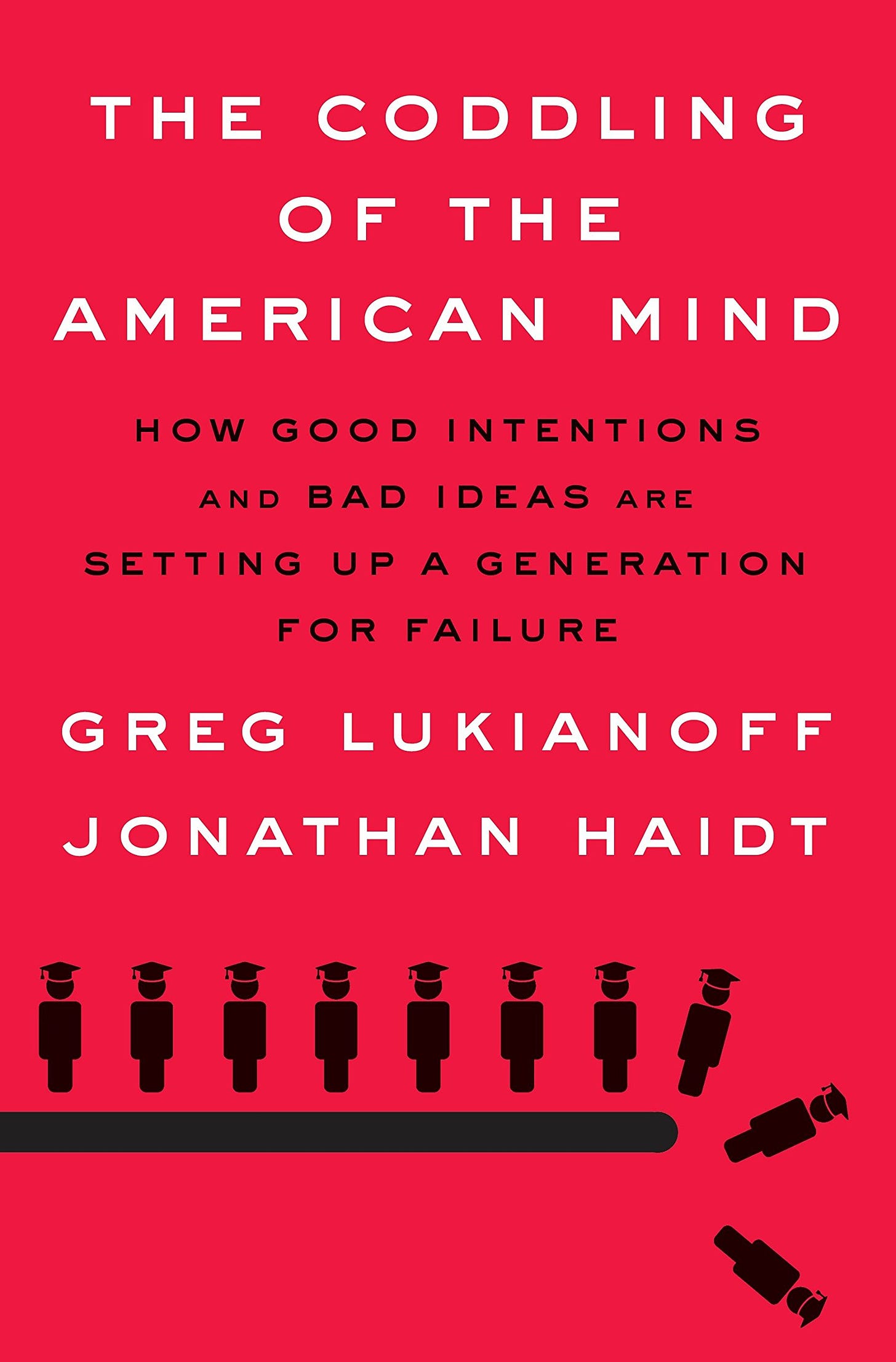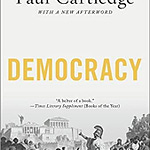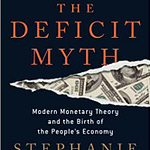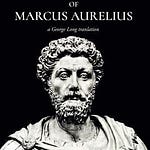Welcome to Citizen Scholar! Since launching four months ago we’re reaching hundreds of people a week, so we thank you for your support. If you enjoy our writing on civic virtue and individual excellence, we humbly ask you to share Citizen Scholar with your family members and friends who may enjoy it. The contents of the audio and text formats are identical and meant to accommodate your preferences. Please let us know if you have any feedback - we’re always looking for ways to improve!
Introduction
Last week’s post on The Gray Lady Winked briefly breached a cultural tripwire: “woke” journalism and historical interpretation. As we continue our series on the formation of contemporary public opinion, we decided to cover a book that ventures closer to the root of the issue: universities.
In The Coddling of the American Mind, Jonathan Haidt and Greg Lukianoff allege that something went wrong at American universities in the 2010’s. Lukianoff, a first amendment lawyer who has dedicated his career to free speech on college campuses, brought the matter to the attention of Haidt, a social psychologist who became famous for his explanations of how well-intentioned people can come to opposite political opinions due to individual personality traits.
“The story we tell is not simple, and while there are some heroes, there are no clear villains. Our tale is, rather, a social science detective story in which the “crime” was committed by a confluence of social trends and forces. Surprising events began happening on college campuses around 2013 and 2014, and they became stranger and more frequent between 2015 and 2017.”
By 2014, mainstream news outlets were reporting on the trend of students requesting that “triggering” material be removed from college courses. Speakers perceived to hold unorthodox views were also being disinvited after student protest or countered by the “heckler’s veto” as they attempted to deliver their remarks. Events occasionally escalated to violent levels, as in the emblematic riots against UC Berkeley’s Free Speech Week in 2017.
A Pragmatic Approach
It’s tempting to overlay these facts with ready-made narratives based on one’s political prejudices. The authors, who come out as being of the center-left, try to avoid moralistic explanations. Instead, they try to use data and clearly outlined goals to focus on what’s best for students and the pursuit of truth on universities.
Haidt & Lukianoff assert that these causes have been damaged by a culture of “safetyism” sweeping across college campuses since 2013. This is when iGen – the generation born between 1995 and 2012 - started arriving on campus en masse. According to the authors, many students had been raised and educated in what they call three Great Untruths:
The Untruth of Fragility: What doesn’t kill you makes you weaker.
The Untruth of Emotional Reasoning: Always trust your feelings.
The Untruth of Us Versus Them: Life is a battle between good people and evil people.
To qualify as a Great Untruth, an idea must meet three criteria:
It contradicts ancient wisdom (ideas found widely in the wisdom literatures of many cultures).
It contradicts modern psychological research on well-being.
It harms the individuals and communities who embrace it.
The authors describe a complex web of mechanisms that flow from these core assumptions to the vocal shut-downs, intimidation and occasional violence witnessed on the pre-COVID American college campus. These include:
The rising political polarization and cross-party animosity of U.S. politics, which has led to rising hate crimes and harassment on campus
Rising levels of teen anxiety and depression, which have made many students desirous of protection and more receptive to the Great Untruths
Changes in parenting practices, which have amplified children’s fears even as childhood becomes increasingly more safe
The loss of free play and unsupervised risk-taking, both of which kids need to become self-governing adults
The growth of campus bureaucracy and expansion of its protective mission
Increasing passion for justice, combined with changing ideas about what justice requires
The authors put a bow on their argument by offering proposed solutions. Many of them resemble large scale cognitive behavioral therapy (CBT) – their psychotherapy of choice - where Lukianoff & Haidt propose practical changes to cognitive distortions and misuse of social media. They also advocate for updates to political thinking and social norms, all with the aim of establishing wiser kids, wiser universities and wiser societies.
Greater Clarity
This book provides a hopeful alternative to the conventional debate. Those who experienced the kinds of events described in the book firsthand, might be tempted to despair or to blame. They may be tempted to resort to theories about conspiracies on the other side, or to divide themselves off into a tribe hostile to the other side.
Lukianoff and Haidt offer an alternative approach that doesn’t seek to identify heroes or villains. There are still good ideas and bad ideas – when they argue that some ideas are harmful, the authors back it up with data and explain how these ideas nevertheless flow from good intentions. It’s not just that we’d rather live in a world where such a heated debate is composed mostly of well-intentioned people on both sides; it’s a relief to be persuaded by professionals that empirical evidence supports the assertion.
There’s also value in the recognition that intolerant culture on college campuses isn’t driven solely by “top-down” institutional forces. These forces – such as sensationalist news reporting and Marcuse-influenced professors convincing students that rightist ideas are evil and can not be tolerated – are certainly mentioned. However, the fundamental forces driving changing attitudes are traced to the way children are being raised – a less centralized and more “bottoms-up” force.
This realization alters proposed next steps. Universities are a primary source of the ideas and truths we live by – where our civilizational operating system is refined and updated. Once we accept that pointing fingers at factions inhabiting the universities isn’t a comprehensive solution, we’re liberated from a constraining framework. With a more precise understanding of where inputs to the system are going wrong, we can focus on fixing those issues. Fixing the culture of speech on college campus thus comes full circle to a phrase that was once common on their premises:
Veritas vos liberabit.
The truth will set you free.
All the best,
The Citizen Scholar Team
P.S. If you enjoyed this post and would like to learn more about The Coddling of the American Mind - we’ve included a link to a short, 5 minute video with Jonathan Haidt (the author) describing the book.
If you made it this far & enjoyed the post, could you please let us know by giving the heart button below a tap? Thank you!















Discussion #25: The Coddling of the American Mind: How Good Intentions and Bad Ideas Are Setting Up a Generation for Failure, by Jonathan Haidt and Greg Lukianoff